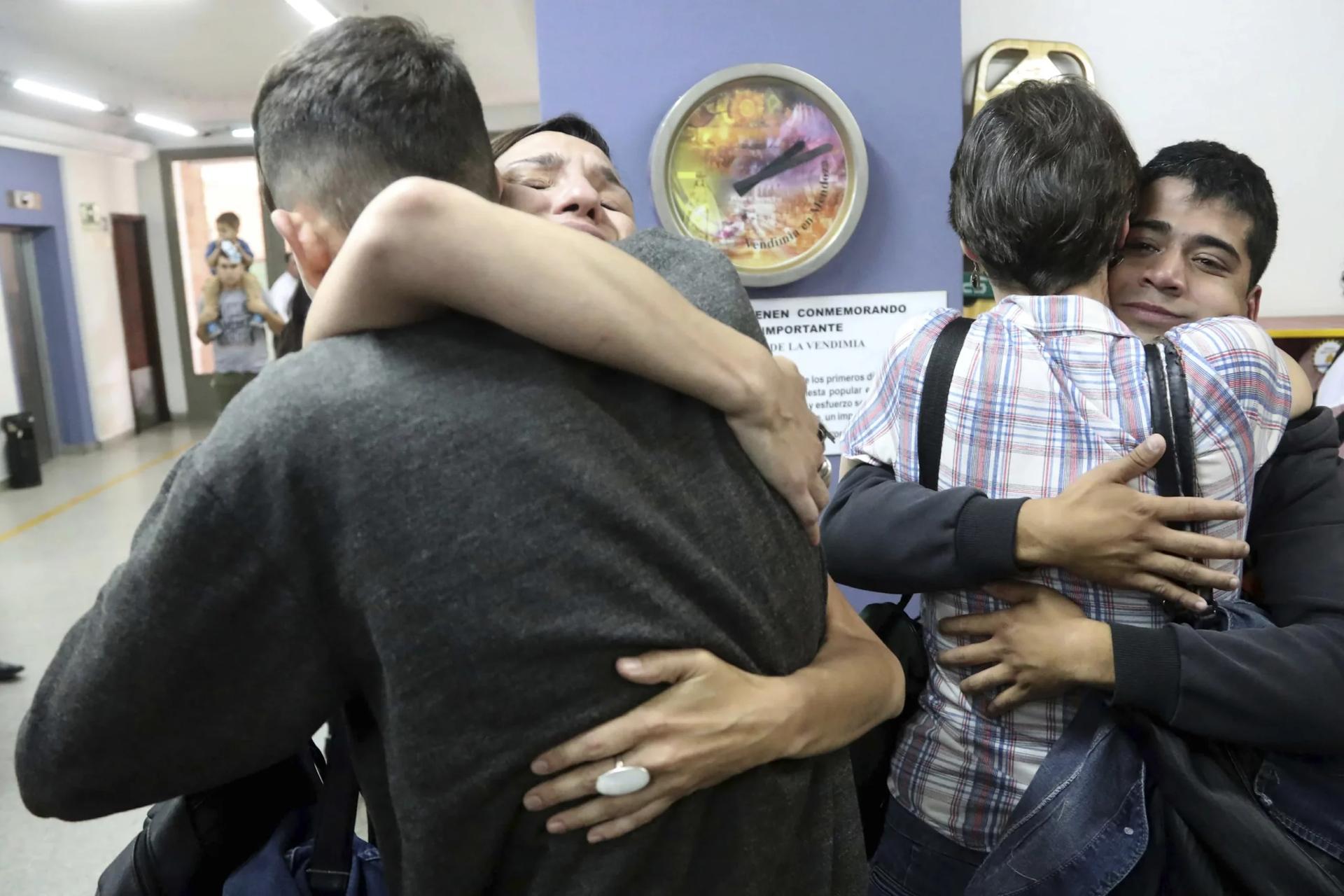SÃO PAULO, Brazil – Argentina’s Supreme Court upheld a 45-year prison sentence for Father Horácio Corbacho Blank, one of the priests convicted for numerous acts of sex abuse against minors in an institute for deaf children and teenagers in Mendoza province between 2005-2016.
Corbacho Blank had appealed the 2019 sentence, when another priest who worked at Institute Antonio Provolo, Italian-born Father Nicola Bruno Corradi, was also found guilty and sentenced to 42 years in prison.
The institute, located in the city of Luján de Cuyo, was at the center of one of the major scandals of ecclesiastical abuse in Argentina in 2016 when one of its teachers denounced the “aberrant acts” that occurred there.
Besides Corbacho and Corradi – who was kept in house arrest at a nursing home and died in 2021 – received an 18-year sentence with a gardener named Armando Gómez. Another employee, Jorge Bordón, was sentenced to 10 years.
Nine women were charged with collaborating in the abuses, including two nuns, but ended up being acquitted.
Corbacho was implicated in several acts of abuse, including against an 8-year-old victim from Misiones province. The child reported at least eight occurrences, during which the extreme pain caused him to faint.
Last week’s court decision was joyfully received by anti-abuse activists, but they say the judiciary and especially the Church still have a long way to go to adequately deal with the problem.
“The women involved in the Provolo scandal should have been held responsible too, because they allowed the abuse to happen. But justice considered that only the direct perpetrators were guilty,” Sergio Salinas, one of the lawyers representing the 12 victims, told Crux, adding that is a “childish and outdated understanding of legislation.”
Salinas argued that the Church in Argentina acted with a double standard in the Provolo case. From an economic point of view, it agreed to compensate all the victims, which only happened, however, in 2023.
“But from the penal perspective, the Church not only failed to collaborate but also acted to cover-up the scandal,” he said.
According to Salinas, some of the victims affirmed that they were abused at Provolo, but not by any of the people charged with the crimes in the lawsuit.
“The Church has never presented the evidence requested by us of who the perpetrators were. We sought help from the United Nations, the Apostolic Nunciature, and even the Vatican, but it didn’t work,” he declared.
Salinas said that the Vatican press office sent him an email in 2020 saying that Church authorities were willing to meet with the lawyers in a secret encounter out of the Vatican. He and the other lawyers rejected the idea.
Julieta Añazco, a member of the organization Iglesia sin Abusos (Church without Abuse), considered the court’s ruling “a signal that the Judiciary is aware of the seriousness of Church abuse cases and that they must be properly investigated and punished.” But more changes are needed, she added.
The Church has advanced its attitude to abuse over the past years and now pursues a more transparent policy, she said.
“But we also think that a few Church sectors still try to cover-up cases by transferring clergy members who were denounced. They don’t use their real names, so it’s complicated for us to locate them,” Añazco said.
She argued that the Church had to adapt to social changes over the past few years and understood “the victims are not afraid to denounce the abusers anymore.”
“But it’s important that accused priests are not only judged by the Church. Many cases don’t arrive at a civil court, but the Constitution is above canon law,” she said.
In some recent scandals, both the Judiciary and the Church failed to offer the expected solutions, analysts say.
That’s the case with Vicente Suárez Wollert, formerly a seminarian of the Fraternidad de Belén (Fraternity of Bethlehem, also known as Capuchinos Recoletos). In 2019, he accused Father José Miguel Padilla, an Army chaplain, of abuse between 2015-2016. He was 20 years old at the time.
“From the beginning, the Church denied having information on the events. Several bishops knew what happened and I asked for collaboration, but they didn’t help me or were evasive,” he told Crux.
In 2023, the Judiciary gave Padilla the benefit of the doubt and he was acquitted. Suárez Wollert appealed and now waits for a new decision.
“The canonical suit began with a testimony I provided some time ago, but I don’t know how it’s advancing,” he said.
In Suárez Wollert’s opinion, the Church “makes an effort to demonstrate that it acted accordingly, but reality shows otherwise.”
“I think we’re very far from a real and sincere change,” he said.













